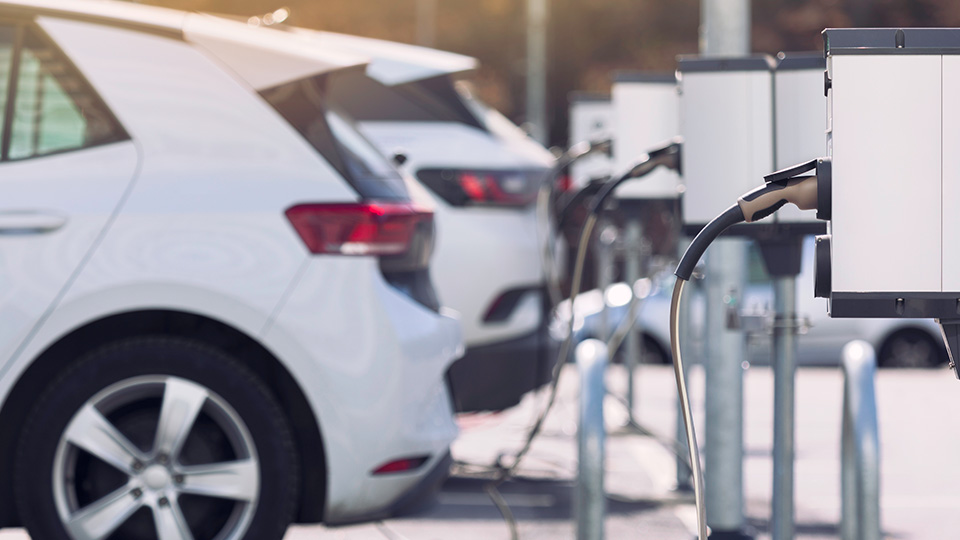Tax advantages of electric vehicles
December 5, 2022

Federal parliament has now passed a bill which is intended to cut the relative expense associated with purchasing low emission vehicles such as those powered electronically.
It aims to do this by removing the Fringe Benefits Tax (FBT) which would otherwise be associated with providing a car to an employee. The usual five per cent import tariff for eligible electric vehicles will also be waived.
There are potential benefits for both employers and employees. Here’s what you need to know.
What is the current treatment of providing an electric car to employees?
The current treatment for providing electric vehicles is no different to providing traditional petrol driven engines.
Under the FBT rules for work vehicles, the employer is subject to FBT on the taxable value of the fringe benefit which is determined using either an operating cost calculation or with reference to a statutory formula.
The FBT payable by the employer is often passed on as part of a salary packaging arrangement or mitigated by the use of contributions from the employee to the extent the vehicle is used privately.
What’s going to change now the bill has passed?
Vehicles that use a petrol driven motor will continue to be subject to FBT unless another type of exemption applies.
However, vehicles that are classified as a ‘zero or low emissions vehicle’ will be exempt from FBT if the following criteria is met:
- The vehicle is first held or in use by the employer on or after July 1, 2022;
- The purchase price of the vehicle was below the luxury car tax threshold for fuel efficient cars ($84,916 for the 2022-23 financial year);
- The vehicle is provided to a current employee of the employer.
It’s important to note that due to this being policy designed to expedite the uptake of non-petrol driven vehicles in Australia, any vehicles held prior to July 1, 2022 will continue to be assessed for FBT in the absence of any other exemption.
A vehicle ordered prior to July 1, 2022 but not delivered until after that date would meet the requirements of the exemption.
What is a zero or low emissions vehicle?
To meet the criteria of a zero or low emissions vehicle, an electric car must firstly satisfy the requirements of what defines a car, as set out in the FBT Assessment Act 1986.
Generally, this means a motor vehicle (excluding a motorcycle) that is designed to carry a load of less than 1 tonne and fewer than 9 passengers.
Additionally, the electric car must:
- Use one or more electric motors for propulsion; and
- Be fuelled by either an off-vehicle electrical power source, a battery, an electric generator, a hydrogen fuel cell or a combination of these (noting that hybrid vehicles are covered by the exemption only until March 31, 2025).
If the vehicle is FBT exempt for an employer, will it still be reportable on the employee’s tax return?
Reportable FBT amounts do not lead to additional tax payable for employees, however they are used to determine various other entitlements and liabilities such as calculating the Medicare levy surcharge, determining entitlement to certain tax offsets, and determining eligibility for certain family assistance payments.
As FBT benefits are often provided as part of a salary sacrifice arrangement, the reportable FBT amounts associated with electric vehicles – while exempt from FBT – will still be required to be provided to employees to ensure the correct calculation of these items in their individual tax return.
What happens now?
Any vehicles purchased after July 1, 2022 that meet the required criteria could be subject to the exemption, so the changes would be in effect for the FBT year ended March 31, 2023.
Need tax advice?
Navigating tax, including fringe benefits tax, can be complex and guidance from a trusted financial adviser is crucial.
To ensure you understand and meet your fringe benefits tax obligations, contact the experts at LDB Group for advice. Simply call (03) 9875 2900 or send us details via the contact form below.
